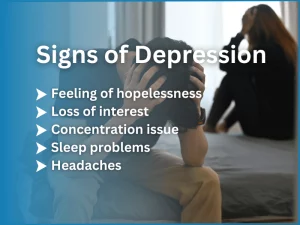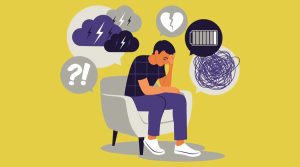Depression in Men
Male depression refers to a form of clinical depression that affects men. While the core symptoms of depression are generally similar across genders, there can be differences in how depression manifests in men compared to women. In male depression, individuals may experience a range of emotional, behavioral, and physical symptoms that impact their overall well-being. Common signs of male depression include persistent feelings of sadness, irritability, changes in sleep and appetite, loss of interest in once-enjoyed activities, and difficulty concentrating.
It’s important to note that societal expectations and traditional gender roles can influence how men express and cope with depression. Men may be more likely to mask their emotional struggles, leading to underreporting and underdiagnosis of depression in this population. Recognizing the signs of male depression and understanding the unique ways it may present can contribute to early intervention, proper diagnosis, and effective treatment. Seeking professional help is crucial for managing male depression, and various therapeutic approaches, including counseling, medication, and lifestyle changes, may be recommended based on individual needs.

Signs of Depression:
There is 5 most common signs of depression in men:








